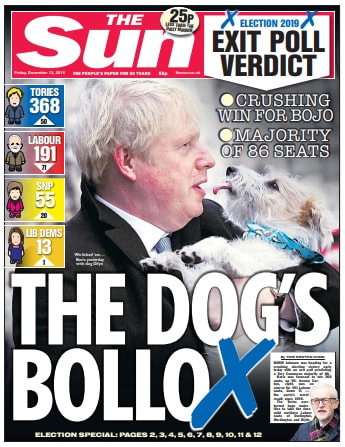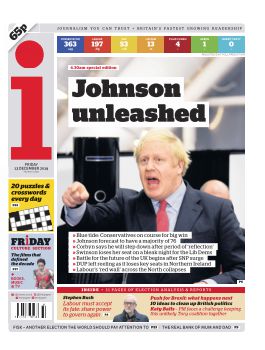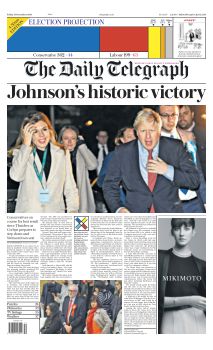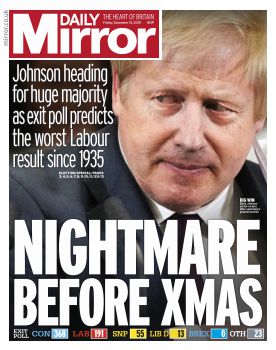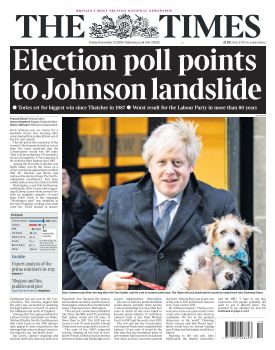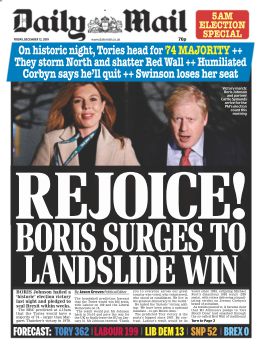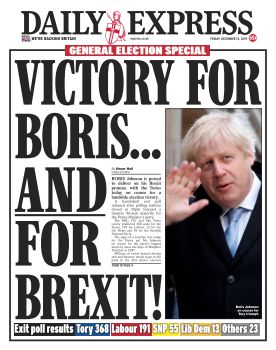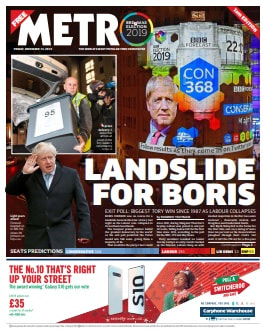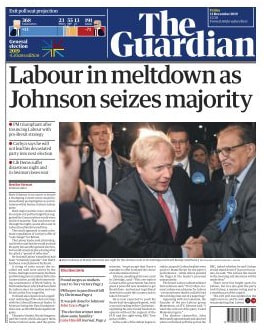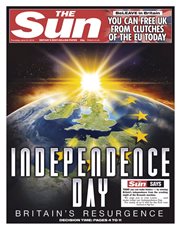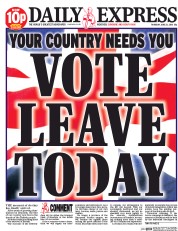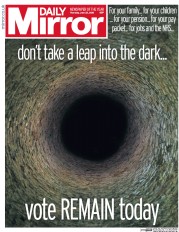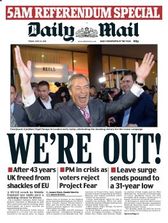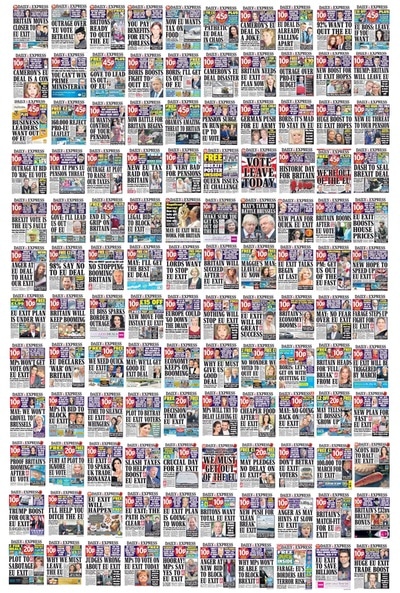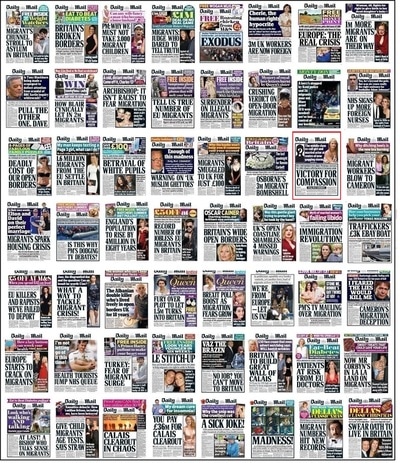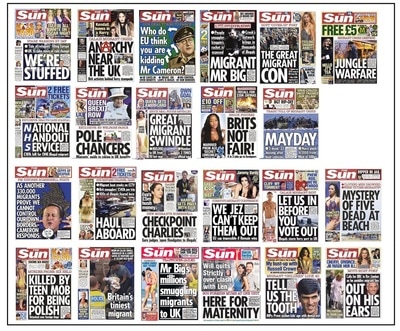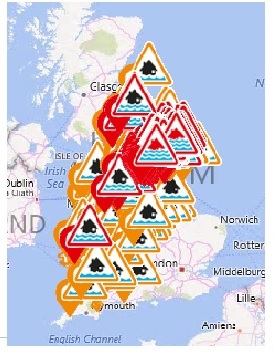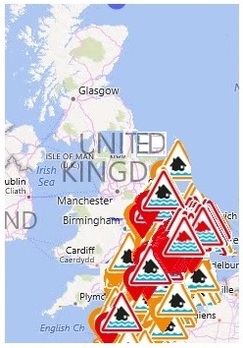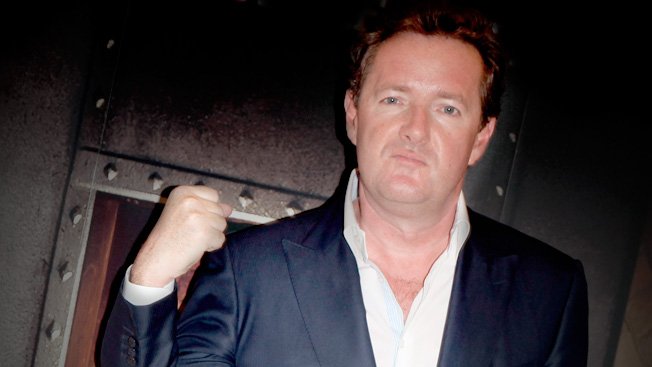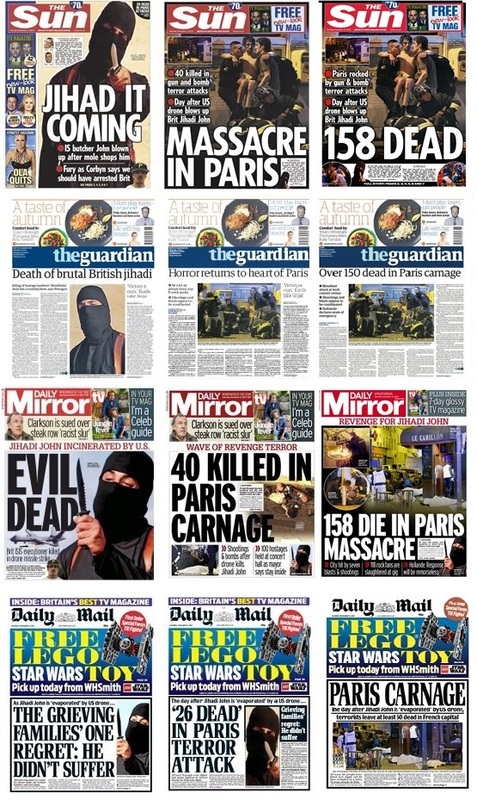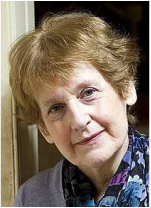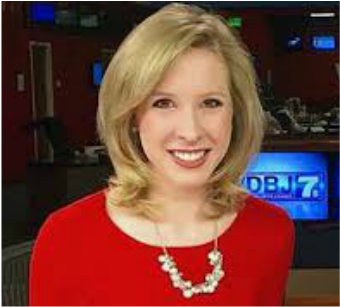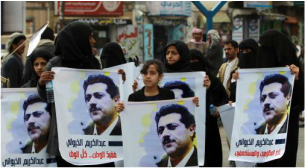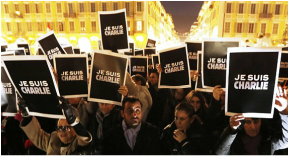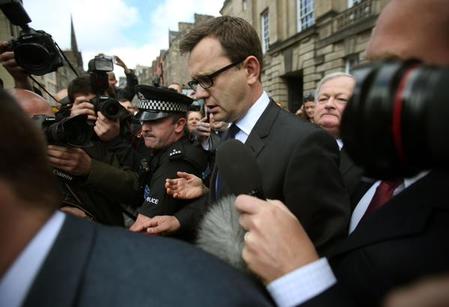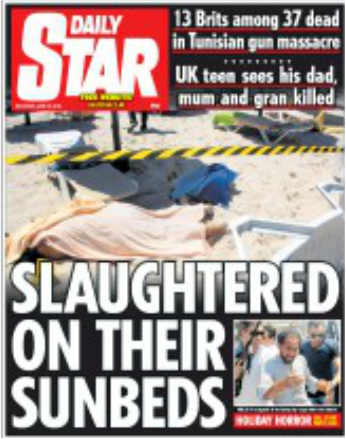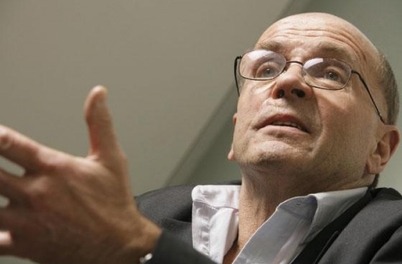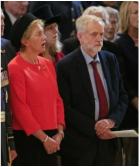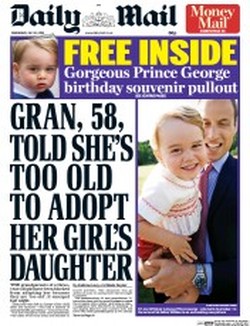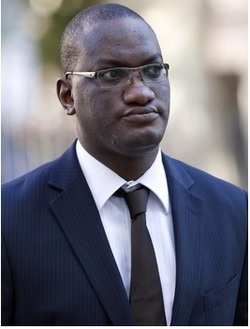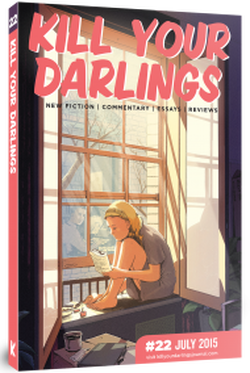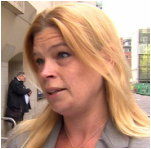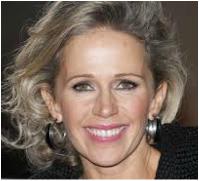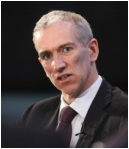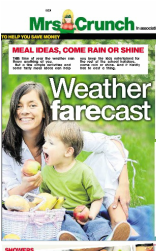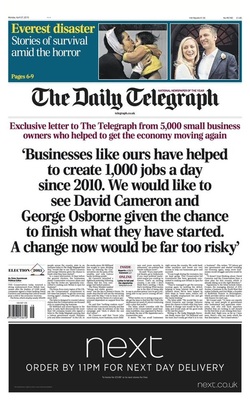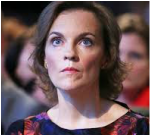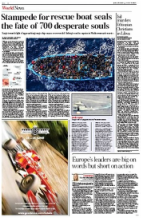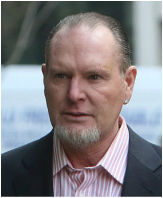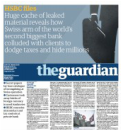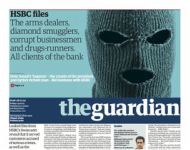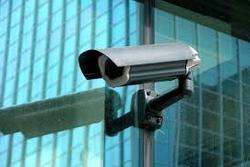
I prefer to die standing than to live on my knees
- Stéphane Charbonnier, August 21, 1967 - January 7, 2015 |
Today's front pages
SubScribe
The SubScribe website was set up in a fit of over-ambition in 2013, and many posts from the Blogger site copied over. It was mothballed when reality dawned in 2015, but resurrected in 2016 to monitor the last month of the referendum campaign.
Now it is revived again to monitor the 2019 general election.
Old posts on other journalistic issues can be found on the old blog, here.
Now it is revived again to monitor the 2019 general election.
Old posts on other journalistic issues can be found on the old blog, here.
General election 2019
November 13, 2019
It's difficult to set a starting point for this audit. The election campaign could be said to have started when Theresa May announced her resignation, as Conservative rivals spelt out their vision for the country. It surely got underway the moment Boris Johnson was elected leader: after just a couple of days in Westminster, he spent his summer touring the country offering to spend billions on police, the NHS, schools, high streets and much more. Then there was the semi-official start when MPs voted to go to the country, and finally the campaign proper began when Johnson went to the Palace and Parliament was dissolved.
For the purposes of this audit - given that I'm a one-woman band - that day, November 6 - will be the starting point.
I shall collate election coverage for national daily newspaper print editions, with the exception of the Financial Times, the Daily Star and Morning Star. Since the Independent is now online only, it is excluded, but it produces a "front page" every day and that may be included at the top of this home page. So, too, will any noteworthy Scottish or regional front pages, and possibly the Evening Standard. The absence of the Morning Star on any given day has no political relevance. It is just not always available.
Each newspaper's coverage will be logged, day by day, without comment on its designated SubScribe page, which you can reach via the General Election 2019 tab at the top left of this page. Analysis will appear separately, but will also be accessible using that tab. At this stage, I shall be monitoring pro and anti headlines relating to the two main parties and their leaders, coverage of other parties, leaders and opeds,and use of pictures. This will need fine tuning as the campaign progresses.
Thank you for your interest.
It's difficult to set a starting point for this audit. The election campaign could be said to have started when Theresa May announced her resignation, as Conservative rivals spelt out their vision for the country. It surely got underway the moment Boris Johnson was elected leader: after just a couple of days in Westminster, he spent his summer touring the country offering to spend billions on police, the NHS, schools, high streets and much more. Then there was the semi-official start when MPs voted to go to the country, and finally the campaign proper began when Johnson went to the Palace and Parliament was dissolved.
For the purposes of this audit - given that I'm a one-woman band - that day, November 6 - will be the starting point.
I shall collate election coverage for national daily newspaper print editions, with the exception of the Financial Times, the Daily Star and Morning Star. Since the Independent is now online only, it is excluded, but it produces a "front page" every day and that may be included at the top of this home page. So, too, will any noteworthy Scottish or regional front pages, and possibly the Evening Standard. The absence of the Morning Star on any given day has no political relevance. It is just not always available.
Each newspaper's coverage will be logged, day by day, without comment on its designated SubScribe page, which you can reach via the General Election 2019 tab at the top left of this page. Analysis will appear separately, but will also be accessible using that tab. At this stage, I shall be monitoring pro and anti headlines relating to the two main parties and their leaders, coverage of other parties, leaders and opeds,and use of pictures. This will need fine tuning as the campaign progresses.
Thank you for your interest.
The Brexit audit
Immigration
Immigration proved to be the driving issue of the Brexit campaign, helped by our national newspapers, which led on the subject and related matters on 277 occasions last year. More than half of those lead stories appeared in the Express and the Mail, with the Sun and Telegraph a distant joint third on 23 apiece. Now SubScribe has looked inside the whitetops to examine the true scale of the coverage. It's a pretty depressing read.
Immigration: a year in the whitetops
Immigration: a year in the whitetops
Editor's blogFloods expose metropolitan thinking (again)Monday 28 December The map on the left shows flood alerts in place on Sunday. They cover most of England and all of Wales. A big story then? Yes, it dominated most front pages and everyone gave it at least one spread inside. But was that enough? Supposing the band of trouble moved to the east a bit, as in the second map (with the dodgy photoshopping)? What more would there have been to say?
Quite a lot. Editor's blog: Apocalypse now Phone hackingAfter four and a half years, countless police hours and the expenditure of more than £40m, the curtain has been pulled down on the phone hacking saga. SubScribe commentaryA great night for print journalismHow small teams of elves toiled through the night for their shoemaker bosses: SubScribe looks at the way papers evolved from the moment the news of the Paris attacks broke shortly before 10pm until the final slips were plated up five hours later. Which changed most and which least, which turned a football match to its advantage to steal a march on its rivals, how did the online teams fare - and, in an era when print is supposedly dead and social media rules, was it all worth it?
SubScribe: Paris terror attacks Editor's blogLast year 43 million people went to a professional football match. No wonder so much newsprint is devoted to the sport. The SubScribe commentaryDoes anyone believe a word we say?So writes the poet Wendy Cope in How to Deal with the Press. It seems the public agrees with her. Successive surveys find that people rank journalists down in the pits with politicians and estate agents when it comes to trustworthiness.
People still vote, still buy and sell houses, and still - if in diminishing numbers - read newspapers. So does it matter? SubScribe: A question of trust News judgmentGetting it wrong on murder over breakfast
If it was all right for the New York Times to publish Eddie Adams's Vietnam photograph in 1969, then it must follow that it was all right for our newspapers to put yesterday's murder of Alison Parker on their front pages?
The shooting of Parker and her cameraman Adam Ward while they were broadcasting live on breakfast television was a big news story. Bigger, you might say, than the summary execution of the leader of an enemy death squad in a warzone. Bad things happen in war, but local TV crews tend not to lose their lives on routine assignments. And viewers chewing on waffles and muffins don't expect to see their favourite presenters murdered in the middle of an interview about tourism. But was that justification for the saturation coverage of the shootings in this morning's British newspapers? - Editor's blog: Murder on camera Oped: What other commentators had to say Journalism in the firing lineWhen death rides in on a motorbikeTuesday 14 July, 2015 Sometimes the murder of a journalist shocks people to such an extent that they take to the streets to protest - as with Abdel Karim al-Khewani in Yemen and the Charlie Hebdo cartoonists in France. Sometimes, as with the Isis victims in their orange jumpsuits, the killings are filmed and used as propaganda.
Often, however, the killing goes unremarked and uninvestigated. A couple of men ride up on a motorbike and fire a few shots at the target as he or she is leaving the office, arriving home or simply waiting at a bus stop - summary retribution for exposing a corrupt politician or crossing a criminal. In the first half of this year, sixty media workers around the world were killed while doing their jobs. At the same time, dozens are being kept in prisons, in many cases without charge, because authorities do not care for what they have written. The lone gunman in Guatemala, the Jihadists in Syria and the jailers in Egypt and China have one thing in common: a determination to silence dissenters. For these murderers and oppressors all recognise what we in the West are apt to forget: the importance of the freedom to tell inconvenient truths. Editor's blog: Death and dishonour Journalism on trialCoulson perjury case doomed from the startIt's one thing for barrack-room lawyers (and even journalists) to stroke their beards and pronounce on the basis of surmise and assumption, but the prosecutors in Scotland are supposed to be the real thing. They are paid to know the law. Are we embarrassed to look in the mirror?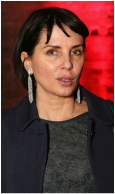
Sadie Frost walked away from court with more than £200,000 compensation for four years of living under constant surveillance, including having her phone hacked at least twice a day every day. How did our papers report the judgment?
Anthony France walked away from court knowing that he might become the first journalist to go to jail for paying a policeman for stories. When his Sun colleagues were cleared of similar charges and when the Crown Prosecution Service retreated from its Operation Elveden cases the papers' tone was triumphant. How did they report the France case? The answer to both questions - as it usually is when it comes to reporting our industry - is "not very well". What went wrong this time? Pictures and spreads
Editors' farewellsNo fanfare or speeches, just Roger and outThe departure of Alan Rusbridger after twenty years in charge of the Guardian could hardly have escaped anyone's attention. But he was not the only distinguished former Scott Trust editor to leave the stage on Friday. Roger Alton, former Observer and Independent editor and latterly executive editor of the Times, slipped quietly out of the Baby Shard with an email promising non-existent free tickets to the Ashes and rugby world cup.
- Gameoldgirl's Notebook: Profanasaurus Rog Press freedomSlaughter, surveillance and censorship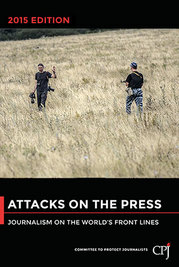
Kidnapping and murder by terrorists, arrest and imprisonment by state police, surveillance and censorship by governments. From the warzones of the Middle East, across Africa and Asia to the democracies of America, Australia and Europe, journalists are coming under attack as the advance of technology to share information is matched by the march of those who would suppress it.
The Isis beheadings and the Charlie Hebdo murders make international headlines, but what of the reporters in Greece, Paraguay, Pakistan shot for trying to do their jobs? We campaigned for the release of Australian Peter Greste and his Al Jazeera colleagues, but what of the other journalists imprisoned for trying to report the news? The Committee for the Protection of Journalists in New York today publishes its annual assessment of threats to the Press, along with its list of the ten most censored countries. For excerpts from the book and details of how to buy a copy, please click here UK newspapers: an industry under siege
|
How you can be a SubScriber
|
Sign up for email updates (no spam, usually about one a month)...
|
|
...make a financial contribution
I'd like to subscribe
There will never be a charge for reading SubScribe,
but if you would like to make a donation to keep it going, you can do so in a variety of ways by pressing this button. Thank you. |


